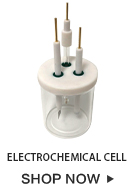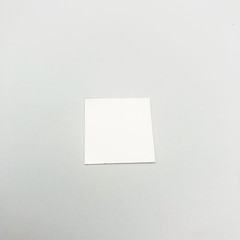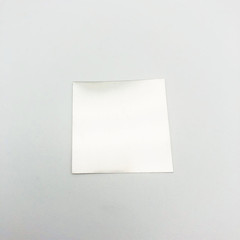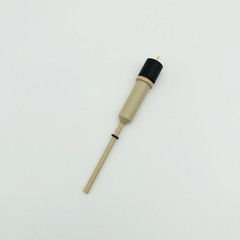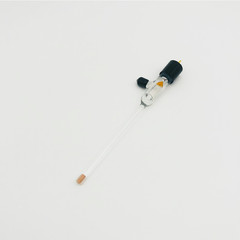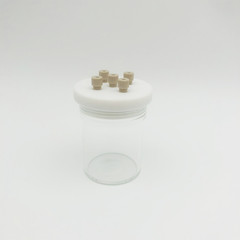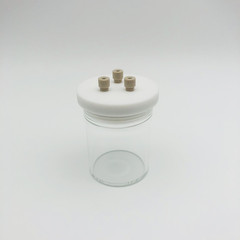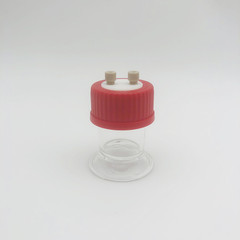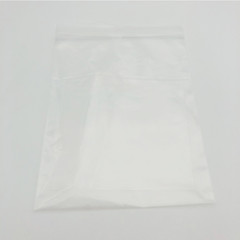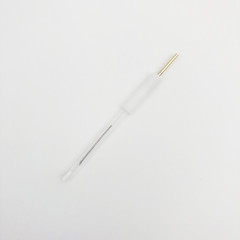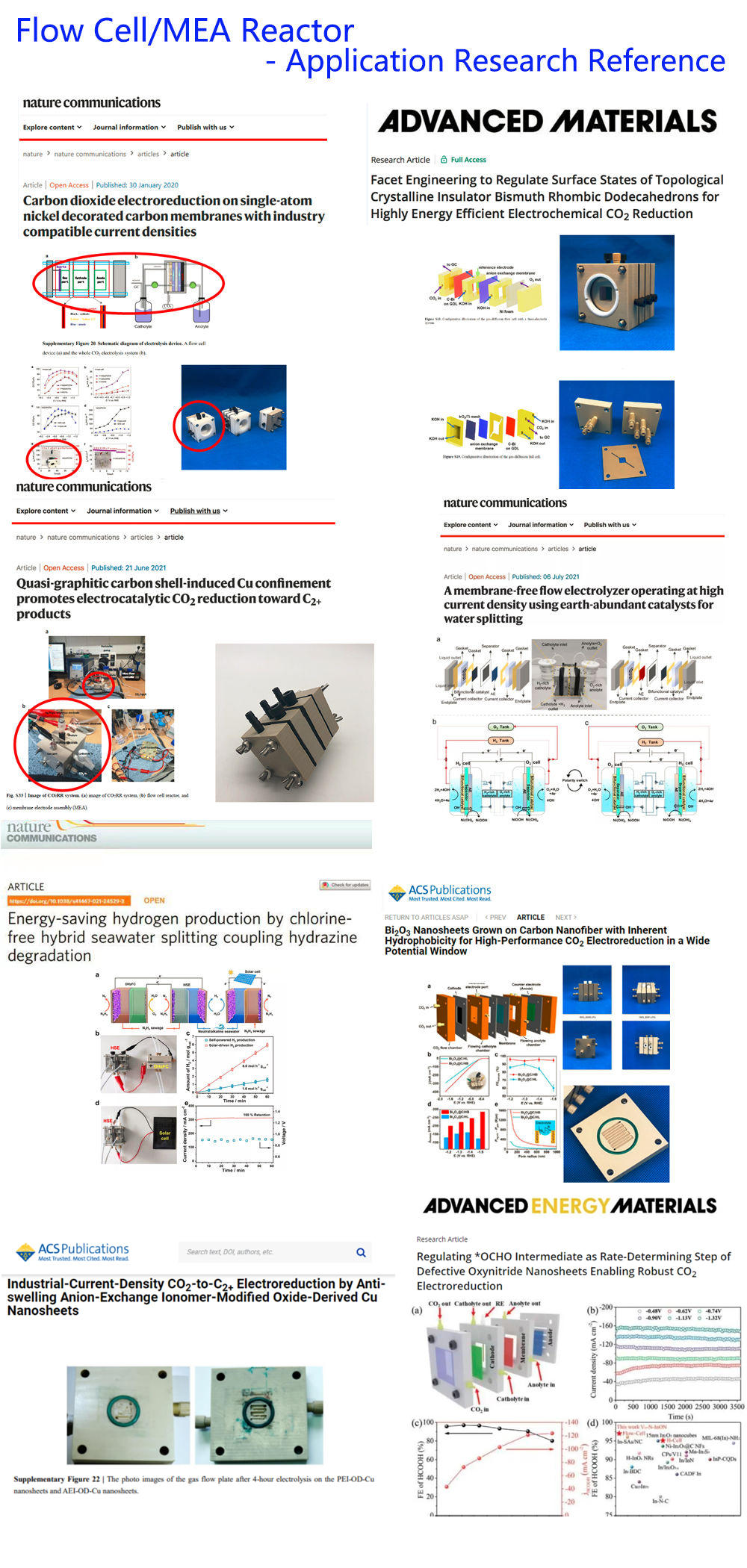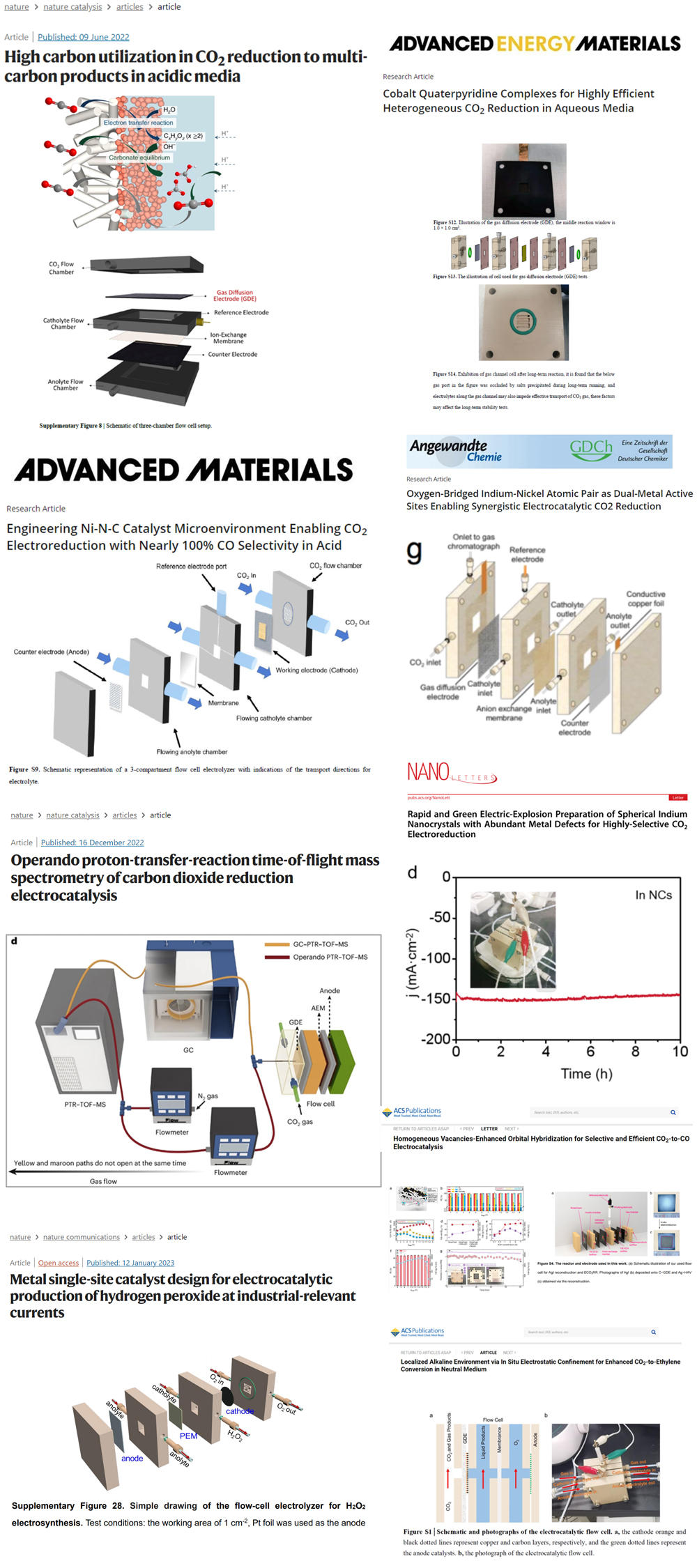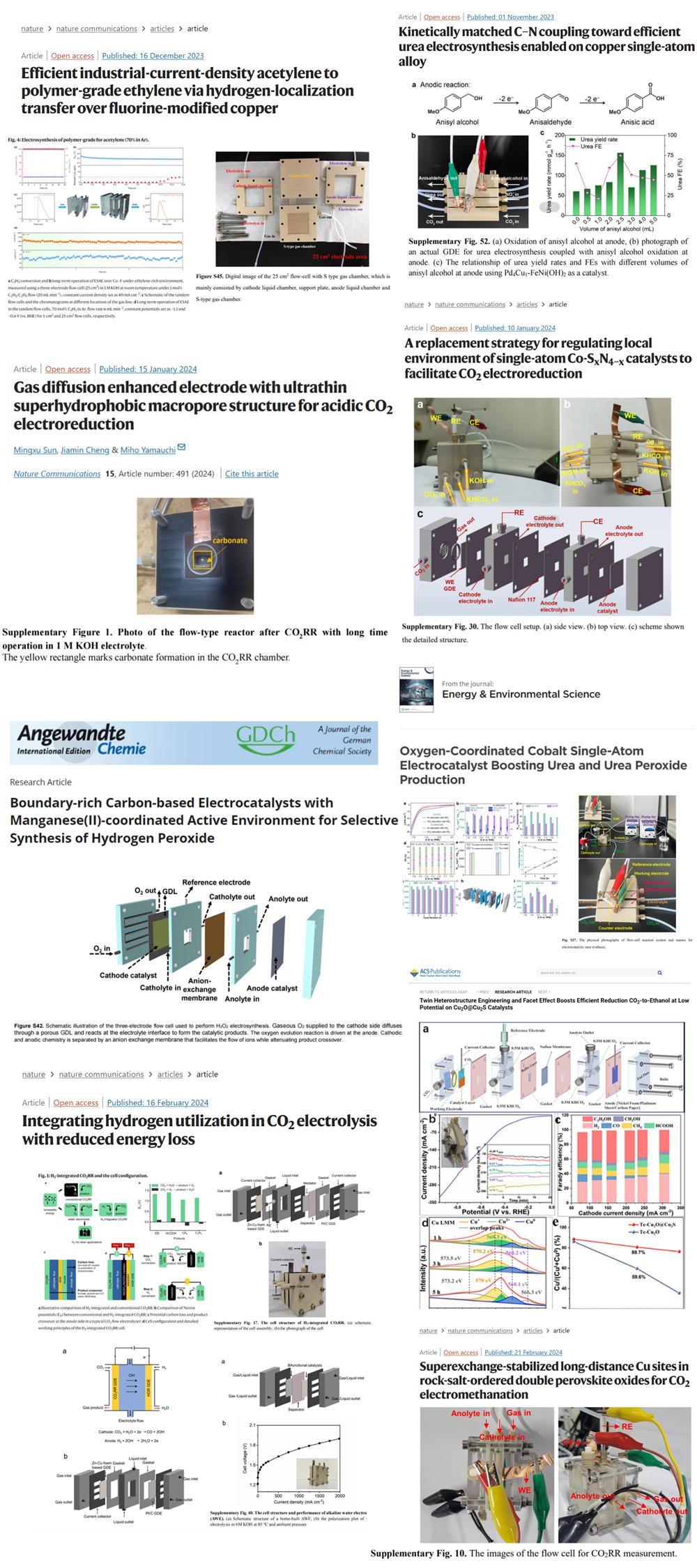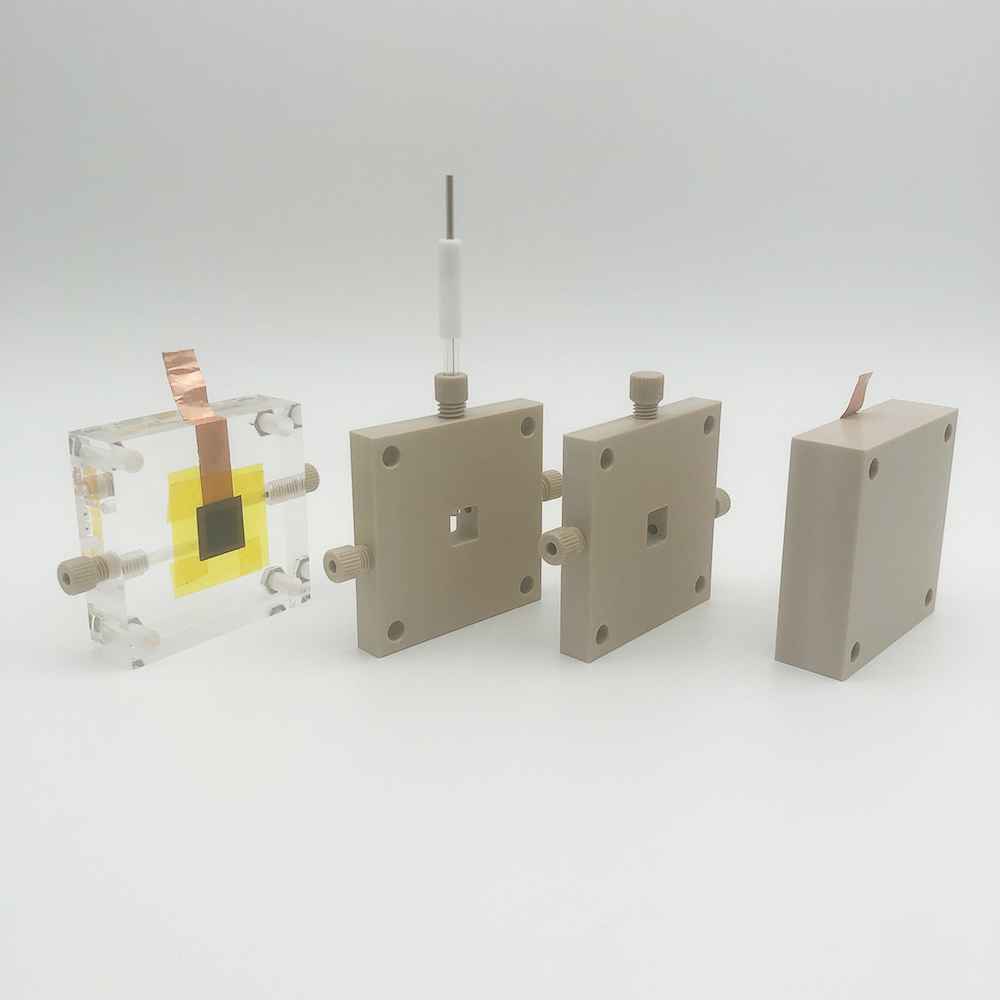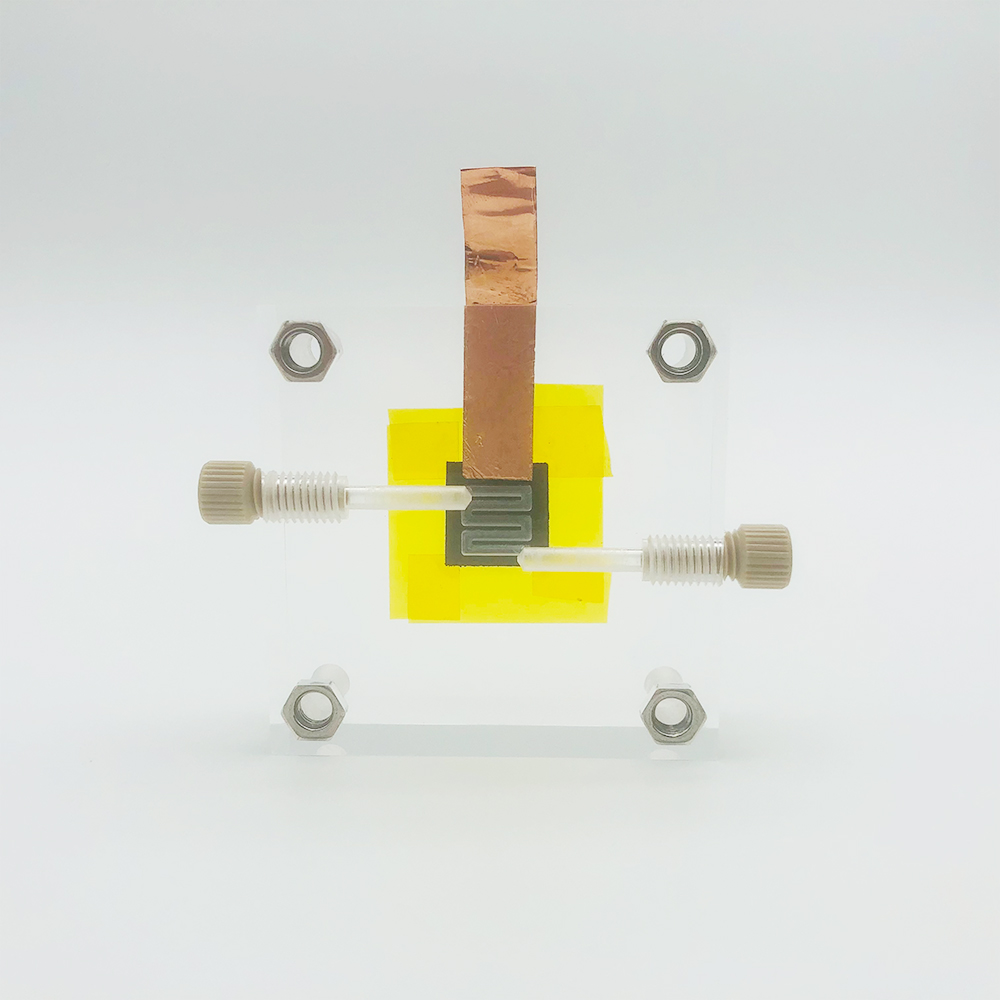Product Details
In the ongoing development of electrocatalytic carbon dioxide reduction (CO2RR) technology, researchers have discovered that by using a gas diffusion electrode (GDE) with a flowing catholyte, it is possible to evaluate the electrocatalytic performance of these catalysts regardless of mass transfer limitations and local pH effects. That is, a so-called flow electrolytic cell is constructed to replace the static H-type electrolytic cell in the traditional sense.
In the flow electrolysis cell, CO2 enters the cathode of the electrolysis cell from the back of the gas diffusion layer, and reacts with H+ from the electrolyte in the cathode catalytic layer to be reduced, and the reduction product is discharged from the electrolysis cell through the gas diffusion layer.
The flow electrolysis cell can not only alleviate the mass transfer polarization caused by the low solubility of CO2 in water, but also suppress the hydrogen evolution side reaction due to the use of a flowing electrolyte, and reduce the CO2 activation energy barrier and enhance the CC coupling between *CO, thereby increasing the selectivity of the C2 product.Continuous reaction can bring the advantage of no backflow of materials, so that the product can not be over oxidated and reduced, and the product yield can be improved.
Characteristic:
1. Compared with the usual H-type electrolytic cell, the liquid flow electrolytic cell has more advantages in liquid phase mass transfer kinetics.
2. Directly supply CO2 gas to the cathode, which overcomes the disadvantages of low solubility and slow diffusion of CO2 gas in aqueous solution.
3.The thickness of the electrode plate can be customized according to the needs, which can effectively shorten the distance between the anode and the anode, reduce the resistance, and improve the test efficiency.
Parameter:
1.The main body of the flow cell is made of PEEK and PMMA material, which is made by meticulous crafting.
2.The designed working area of the flow cell is 1cm2, which is square 10*10mm. Other areas can also be customized according to user requirements.
3.Chamber A is used for gas inlet and outlet, and its outer size is 60*60*19mm. The flow channel adopts the S-shaped flow channel, which can make the CO2 flow in along the S-shaped direction next to the GDE, and then output from the end of the flow channel to the online chromatographic detection and analysis. Place conductive copper foil, GDE, polyimide tape, and sealing gasket in order. When the entire device is assembled, tighten the four fixing rods to achieve the GDE and S-shaped runners close to each other and achieve a sealing effect.
4.Chamber B is used as a catholyte cell, and its outer size is 60*60*10mm. The catholyte is circulated through a peristaltic pump. A φ4mm reference electrode is placed on the top of the chamber. When the electrolyte is an alkaline solution, the user can choose to buy a reduced diameter salt bridge φ6mm to φ4mm, and use it with DekResearch's φ6mm mercury oxide reference electrode.
5.Chamber C is used as an anolyte cell, and its outer size is 60*60*10mm. Considering that the anode material produces more oxygen, when the anolyte is also circulated through the peristaltic pump, the holes 5 and 6 are used as the anolyte inlet and outlet. At this time, use a solid sealing screw to block the hole 7. Alternatively, the hole 7 can be used as a circulation outlet hole, and the hole 6 can be blocked with a sealing screw. When the anolyte is not circulating, use solid sealing screws to block both holes 5 and 6, and open hole 7 for exhaust.
6.Chamber D is used as a fixed plate, and the outer size is 60*60*19mm.
7.When the anode uses foamed nickel material, the anode can be clamped between the chambers C and D. It can also be clamped between the ion membrane and the chamber C, which can further shorten the distance between the cathode and the anode and reduce the internal resistance.
8.The conductive current collector equipped with this device is a copper foil with adhesive backing. Its thickness is 65um, which not only has good conductivity, but the thickness does not affect the sealing of the entire device. Users can also replace the appropriate conductive current collector according to their needs.
9.There are two types of gaskets: silicone gasket and fluorine rubber gasket, and the thickness is 1mm. It should be noted that when foamed nickel is used for the anode, considering the structure of the foamed nickel material, we designed a gasket with the same thickness as the foamed nickel, and the foamed nickel material is built into the gasket. When the entire device is tightened At this time, the anode foam nickel can be sealed from the thickness to prevent leakage. Therefore, we recommend that the anode choose a foamed nickel material with a thickness of 1mm.
10.The flow cell can be quickly assembled and disassembled, and it is easy to clean.
1. This is a customized item, we can't offer any refund or exchange. If you have any questions before purchasing, please feel free to communicate with us.
2. There are two types of materials for Chamber A: PMMA and PEEK. The advantage of PMMA is that the flow channel can be observed, but the disadvantage is that its strength is not as high as PEEK. If the user chooses PMMA material, special attention should be paid to the installation process, and the force of the fixing rod should not be too large. Meanwhile, the four rods should be tightened with the same torque.
3. The 1cm2 flow cell will eliminate the embedded green O-ring design, allowing users to flexibly cut small-sized GDE. It can still be used with Kapton tape as needed.The installation of the Kapton tape is demonstrated below.
Product Includes: 1 * Flow cell 5 * Foam nickel 100*100*1mm 2 * Ag/AgCl reference electrode Φ4*50mm glass rod 1 * Variable diameter conversion salt bridge 6mm to 4mm 1 * Conductive copper foil 1 * Φ3mm PTFE tube length 5meters 1 * Kapton tape 1 * Tracheal cutter 6 * PU quick connect φ3mm 2 * Positioning rod 1 * PTFE film tape 2 * L-shaped wrench+embedded nut+metal gasket 1 * Nut wrench 8mm 6 * 304 stainless steel fixing rod M5*65mm 6 * 304 stainless steel fixing rod M5*70mm 3 * M8-4.2mm Electrode hole sealing screw and O-ring 12* M7-3.3mm Gas/liquid hole sealing screw and O-ring 3 * M7 solid sealing screw 1 * Sealing gaskets [10 pieces of 10-58-1mm fluorine rubber gasket; 4 pieces of whole fluorine rubber gasket; 4 pieces of 20-58-1mm fluorine rubber gasket; 4 pieces of 20-58-0.25mm PTFE gasket; 16 pieces of 20-58-0.3mm fluorine rubber gasket; 10 pieces of 10-58-1mm silicone gasket; 4 pieces of whole silicone gasket; 4 pieces of 20-58-1mm silicone gasket]
References:
NEED HELP? CONTACT US
Call Toll-Free +1 (800) 972-7086
Email Us:
- Shipping
- Standard Shipping: 5-7 Business days
- DHL/Fedex Express Shipping: 2-5 Business days
PAYMENT
PRODUCT SHOW
Here are some photos, you can find the details from them, if you need more information, you can talk with us, we have many experts in dekresearch, and we are very happy to give you some support in your items!
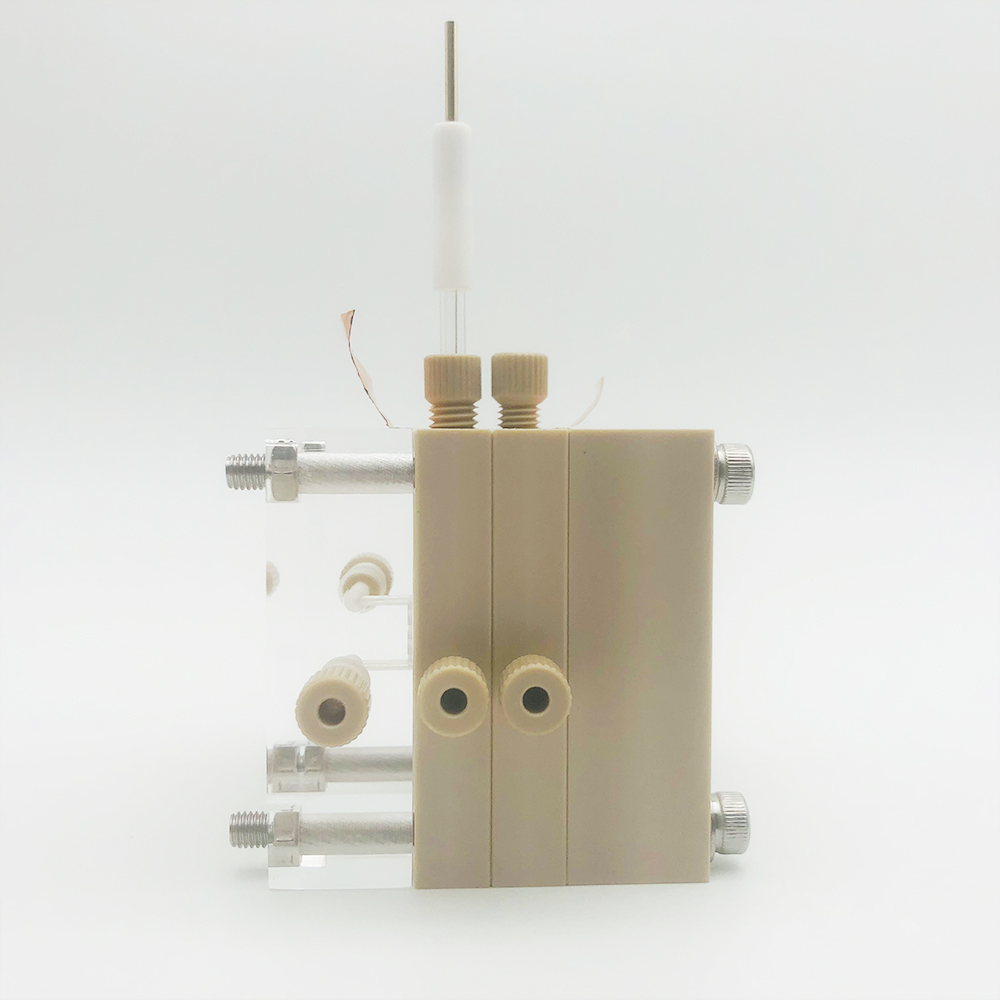

We devotes itself to providing laboratory instrumentation that enables simultaneous in-situ measurements of a number of signals (electrochemical, optical, thermal and other) on thin film and membrane materials. we have already gained so much experience in the field of electrochemical trading and our final goal is to offer our customers various kinds of laboratory instrumentation and at best price. We are gradually becoming one of the top instrumentation online shop throughout the world and we do hope we could make you outstanding by providing the real good stuff you want. Enjoy your shopping with us and have a nice day.


 United States (USD)
United States (USD) United Kingdom (GBP)
United Kingdom (GBP) Canada (CAD)
Canada (CAD) Singapore (SGD)
Singapore (SGD) New Zealand (NZD)
New Zealand (NZD) Ireland (EUR)
Ireland (EUR) India (INR)
India (INR)

